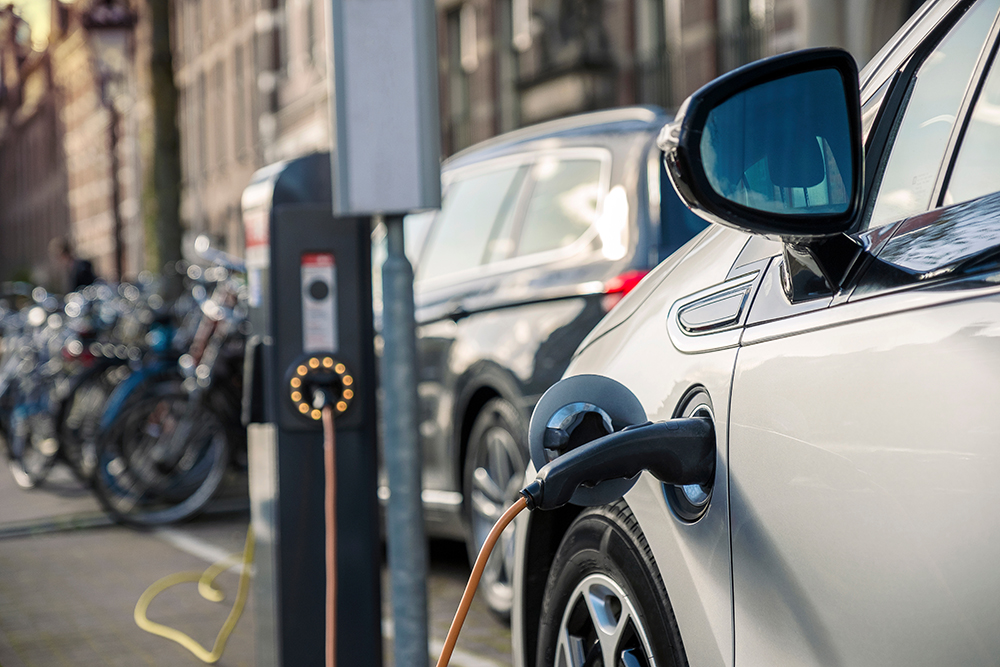Sustainability is the raison d’etre of EVs, so it’s obviously important to find a way to document the sustainable nature of the raw materials that go into EV batteries. A “battery passport” that traces the content and carbon footprint of batteries could be the solution, and that’s just what a new German-funded consortium of automakers and battery producers aims to develop.
Reuters reports that a consortium of 11 partners, including BMW, Umicore and BASF, has received 8.2 million euros ($8.78 million) in government funding to develop standards for gathering and disclosing data on batteries, which could soon become mandatory under European Union regulations.
A European Commission proposal due to be discussed later this year would require that EV and industrial batteries sold in Europe must disclose their carbon footprint starting in 2024 and comply with a carbon emissions limit starting in 2027.
Companies would be required to disclose the content of recycled raw materials in their batteries from 2027, and required to use minimum shares of recycled cobalt, lithium, nickel and lead from 2030.
According to Germany’s economy ministry, the consortium is the first project in Europe to attempt to design a digital product to meet these regulations. The idea is that each battery could carry a QR code linking to a database from which EV owners, businesses or regulators could retrieve information on the battery’s composition.
Source: Reuters


















































